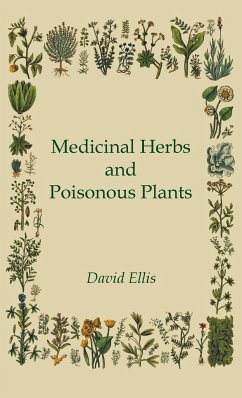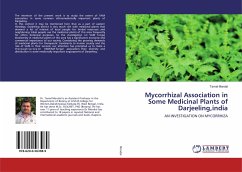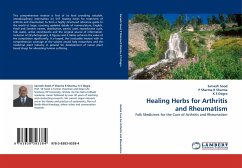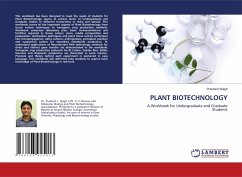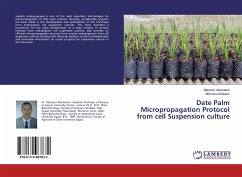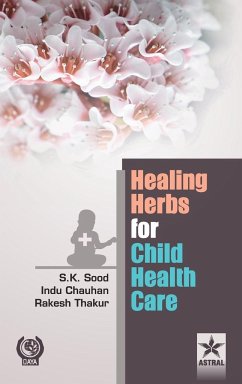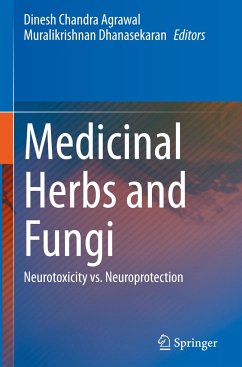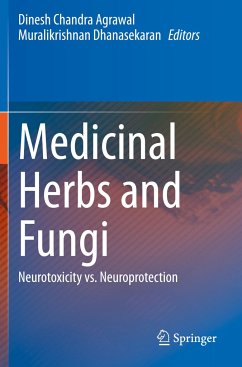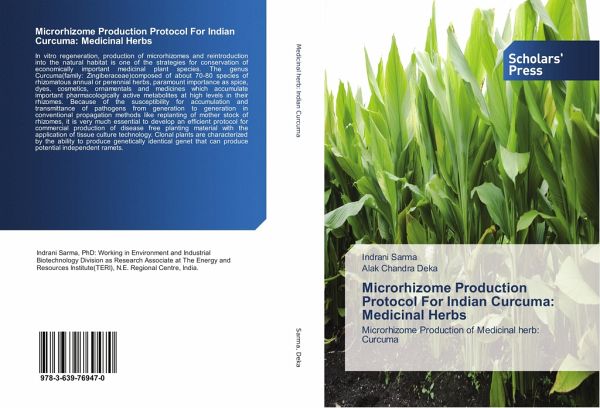
Microrhizome Production Protocol For Indian Curcuma: Medicinal Herbs
Microrhizome Production of Medicinal herb: Curcuma
Versandkostenfrei!
Versandfertig in 6-10 Tagen
75,99 €
inkl. MwSt.

PAYBACK Punkte
38 °P sammeln!
In vitro regeneration, production of microrhizomes and reintroduction into the natural habitat is one of the strategies for conservation of economically important medicinal plant species. The genus Curcuma(family: Zingiberaceae)composed of about 70-80 species of rhizomatous annual or perennial herbs, paramount importance as spice, dyes, cosmetics, ornamentals and medicines which accumulate important pharmacologically active metabolites at high levels in their rhizomes. Because of the susceptibility for accumulation and transmittance of pathogens from generation to generation in conventional pr...
In vitro regeneration, production of microrhizomes and reintroduction into the natural habitat is one of the strategies for conservation of economically important medicinal plant species. The genus Curcuma(family: Zingiberaceae)composed of about 70-80 species of rhizomatous annual or perennial herbs, paramount importance as spice, dyes, cosmetics, ornamentals and medicines which accumulate important pharmacologically active metabolites at high levels in their rhizomes. Because of the susceptibility for accumulation and transmittance of pathogens from generation to generation in conventional propagation methods like replanting of mother stock of rhizomes, it is very much essential to develop an efficient protocol for commercial production of disease free planting material with the application of tissue culture technology. Clonal plants are characterized by the ability to produce genetically identical genet that can produce potential independent ramets.



